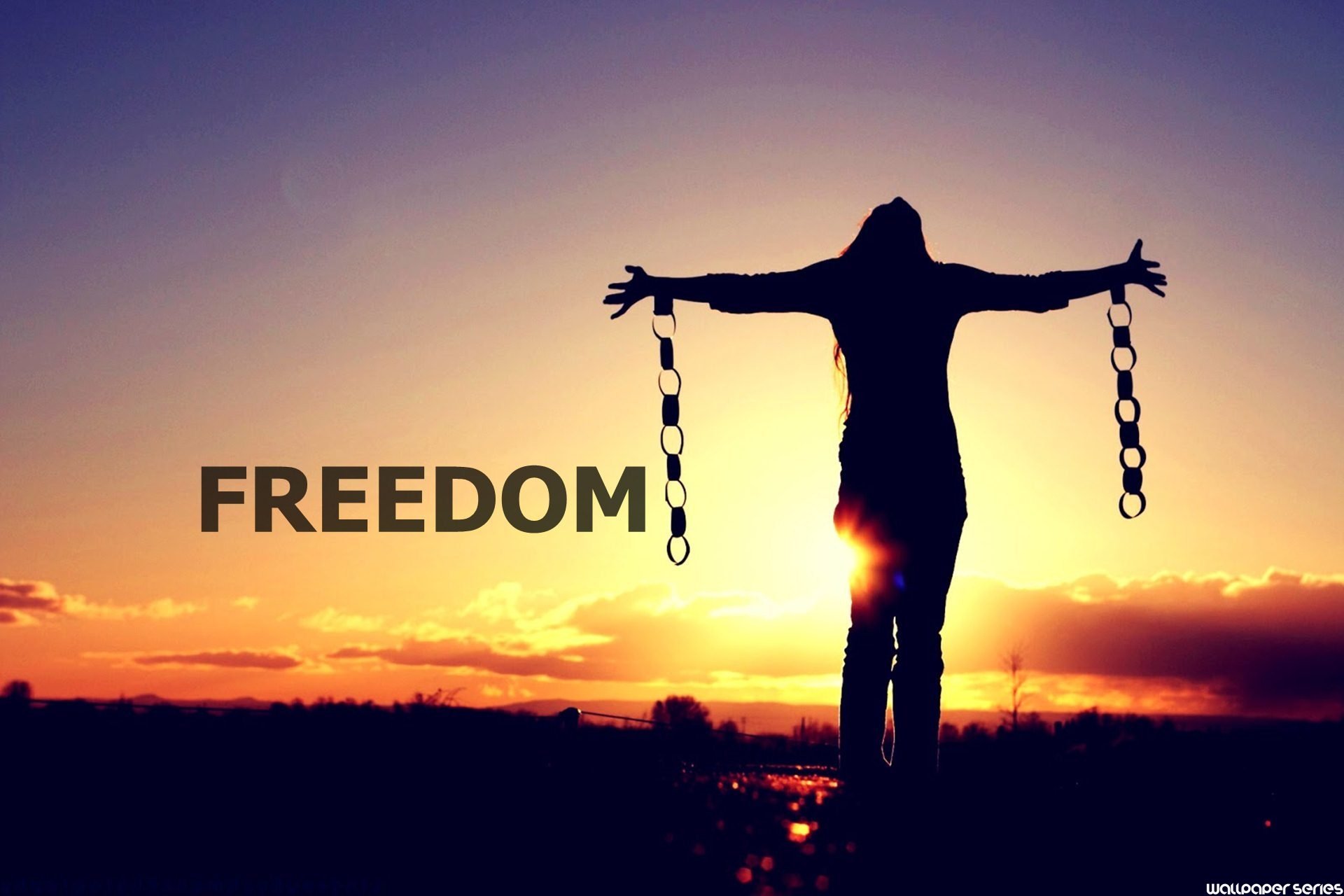The Bahá’í teachings exalt the concept of freedom of speech as an essential conduit for the promotion of peace, encapsulating the fundamental beliefs rooted in unity, justice, and the intrinsic dignity of the individual. To elucidate this profound principle, it is essential to consider the multifaceted relationship that exists between freedom of speech, the mechanisms of human interaction, and the overarching goal of peace.
Firstly, freedom of speech serves as a bedrock of expression, like a vast ocean that allows the diverse currents of thought and opinion to converge. In this boundless expanse, individuals can articulate their beliefs, share experiences, and embrace dialogue without fear of persecution. The Bahá’í teachings advocate that the dissemination of knowledge and ideas is crucial for the collective progression of humanity. This perspective posits that when individuals engage in open discourse, they foster understanding and collaboration, essential ingredients for the cultivation of peace.
Moreover, the intricate relationship between freedom of speech and the establishment of justice cannot be overlooked. A society that encourages diverse voices is akin to a thriving ecosystem where various plants coalesce, creating a vibrant and resilient environment. Such a society opens its ears to dissenting opinions, allowing for the critical examination of prevailing paradigms. Within this framework, Bahá’í teachings assert that justice is not merely the absence of oppression; rather, it embodies the active pursuit of equity through respectful dialogue. The ability to express disparate viewpoints catalyzes the identification of injustices, enabling the collective to address societal grievances effectively.
However, the exercise of freedom of speech must be tempered with responsibility, much like a skilled carpenter who carefully wields his tools. The Bahá’í philosophy emphasizes that while individuals are entitled to articulate their thoughts, this freedom must not infringe upon the rights and dignity of others. As discourse unfolds, it is imperative to cultivate an atmosphere of respect—one where listening becomes as significant as speaking. This reciprocity fosters a sense of mutual respect, allowing for a kaleidoscope of perspectives to be examined and appreciated.
In addition, Bahá’í teachings underscore the transformative potential of freedom of speech in addressing global conflicts. Imagine a city filled with diverse inhabitants, each one a unique thread in the intricate tapestry of humanity. When these threads interweave—through dialogue, negotiation, and confrontation of misunderstandings—they bolster the fabric of community cohesion. Conflict arises when individuals feel silenced or marginalized; thus, providing a platform for open expression can facilitate healing and reconciliation. The Bahá’í approach advocates for the art of conversation as a means to navigate the complexities of human relations and resolve disputes amicably.
Moreover, the significance of education in fostering an understanding of freedom of speech is paramount in the Bahá’í approach. Knowledge acts as the beacon of light illuminating the path toward peaceful coexistence. The teachings impart the importance of educating individuals about their rights and the responsibilities that accompany them. This educational initiative promotes critical thinking and empathy, equipping individuals with the tools necessary to articulate their beliefs while simultaneously recognizing the perspectives of others. A society grounded in education, thus, becomes fertile ground for peaceful expressions of dissent and constructive discourse.
While freedom of speech plays an indispensable role in the promotion of peace, it also necessitates an examination of cultural contexts. The Bahá’í teachings espouse that true freedom can only thrive in environments where diversity is celebrated and appreciated. To address cultural challenges, dialogue must be informed by an understanding of the various cultural narratives that shape community values. This cultural fluency ensures that conversations are shaped by respect for differing traditions, fostering an inclusive space where voices are not merely tolerated but embraced.
Furthermore, the role of technology in enhancing freedom of speech is both pertinent and profound. The digital age has transformed the landscape of communication, allowing for rapid dissemination of ideas and fostering global connectivity. The Bahá’í teachings extol the virtues of harnessing these technological advancements to promote peace through dialogue. However, with this evolution comes the responsibility to navigate digital platforms judiciously. The propagation of misinformation can poison the dialogue; hence, a commitment to informed and ethical communication becomes paramount.
In the synthesis of these teachings, one finds that the ultimate aim of promoting freedom of speech in the Bahá’í context transcends individual expression—it aims to create an environment where peace can flourish. The metaphor of a garden provides an evocative illustration. Just as a garden flourishes when nourished with sunlight, water, and care, so too does a society thrive when encouraged to express a multitude of voices. Each contribution, when offered in the spirit of kindness and respect, serves to enrich the communal landscape.
In conclusion, freedom of speech, as framed by the Bahá’í teachings, embodies an intricate interplay of expression, responsibility, and education. It is a dynamic force that not only facilitates dialogue but also nurtures understanding, justice, and ultimately, peace. Just as the rivers flow into the ocean, merging their distinct waters into a vast, unified body, so too can the myriad voices of humanity converge through the beauty of respectful discourse, promoting a harmonious world. The vision of a peaceful future is not merely a hope; it is a tangible reality that can be cultivated through the diligent practice of this foundational principle.
